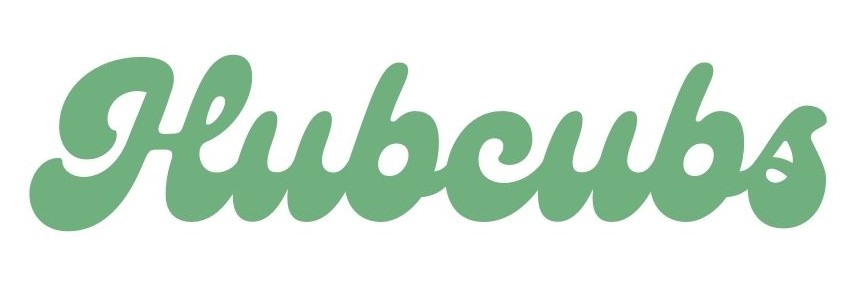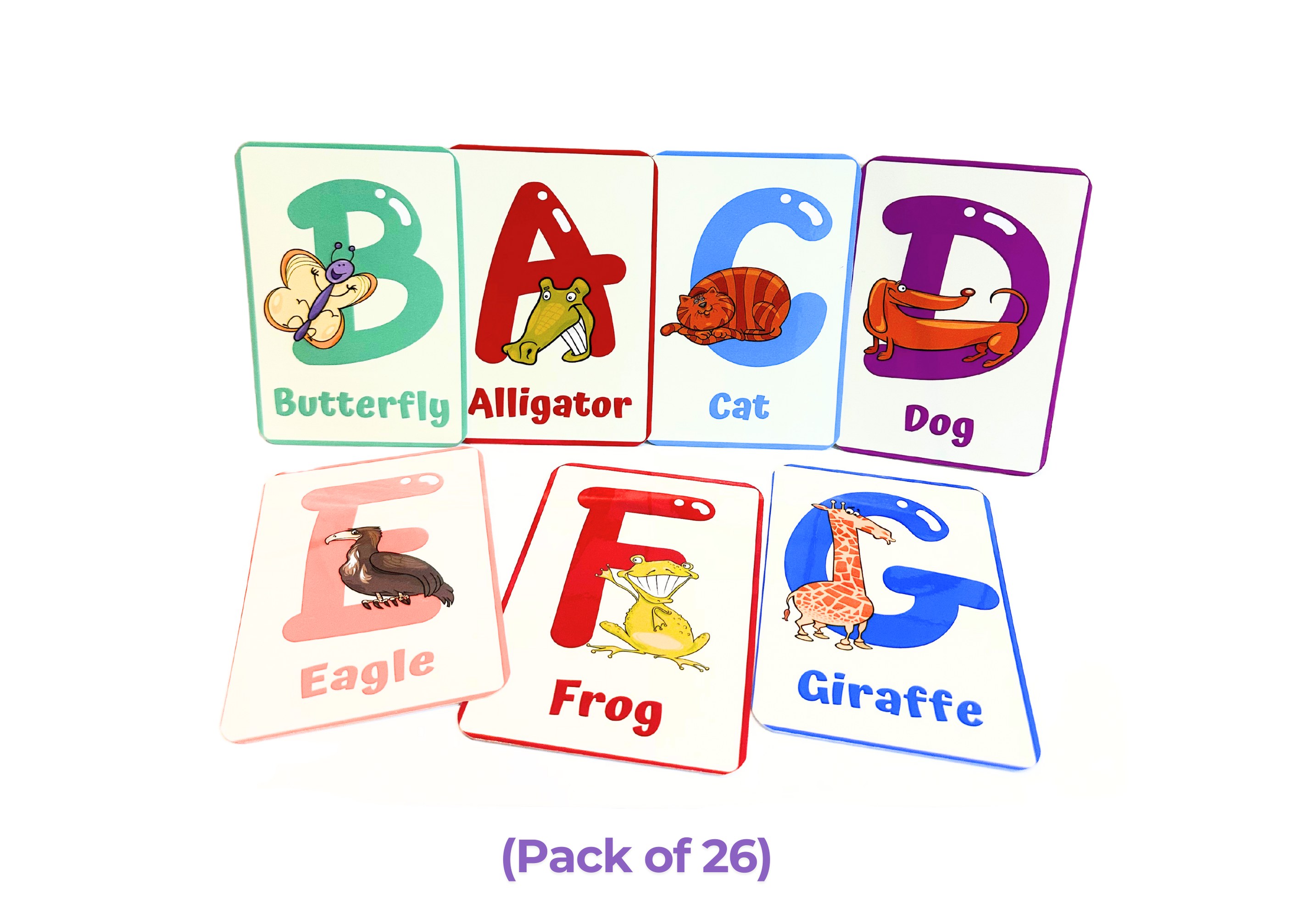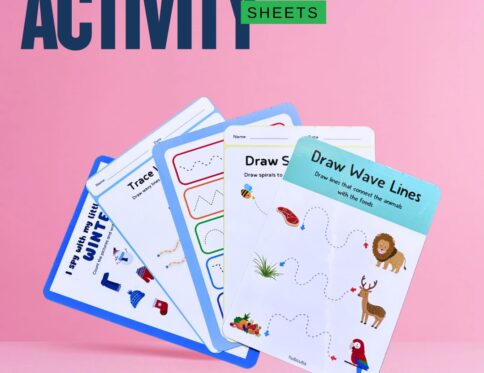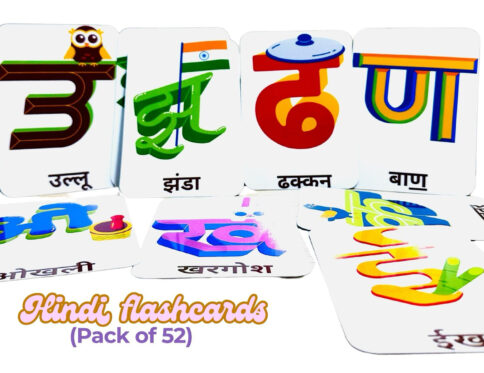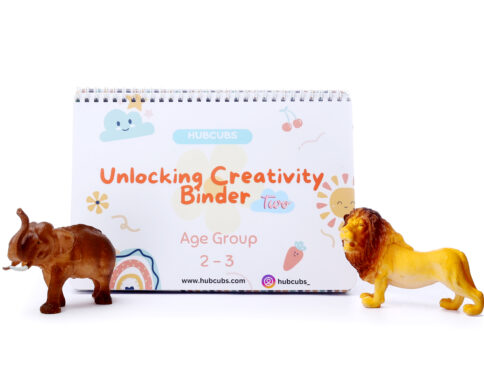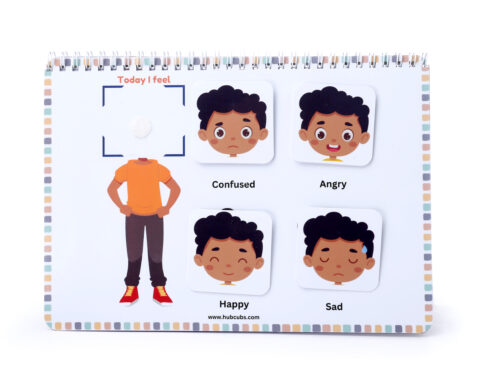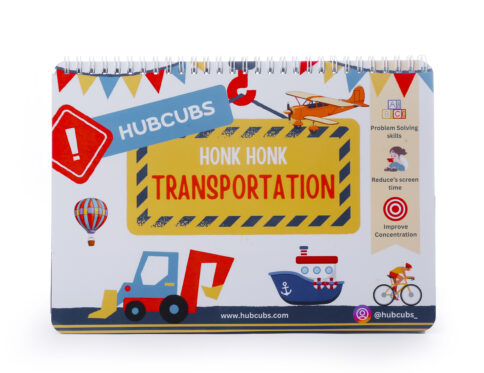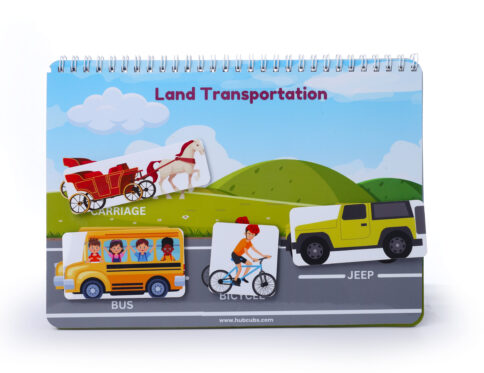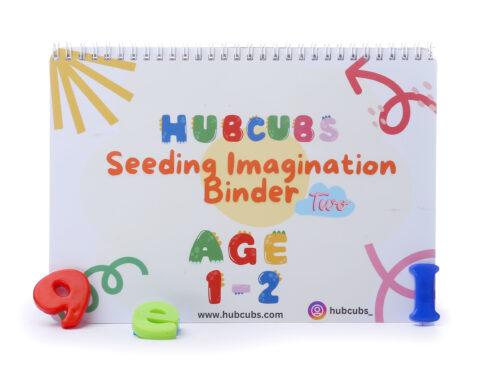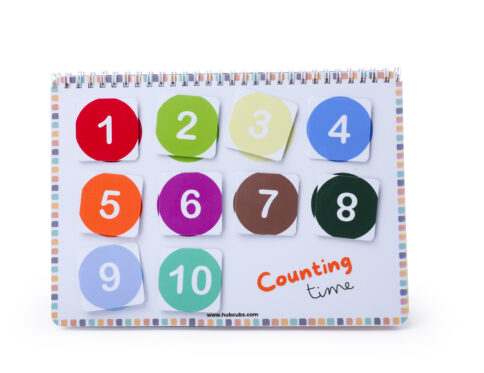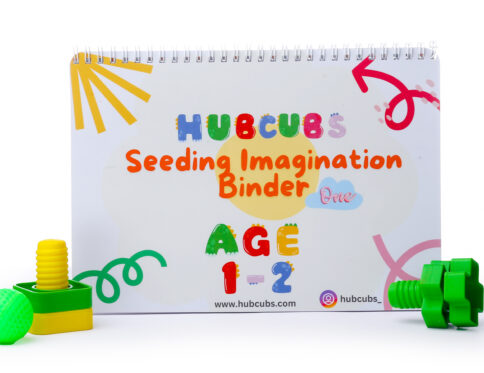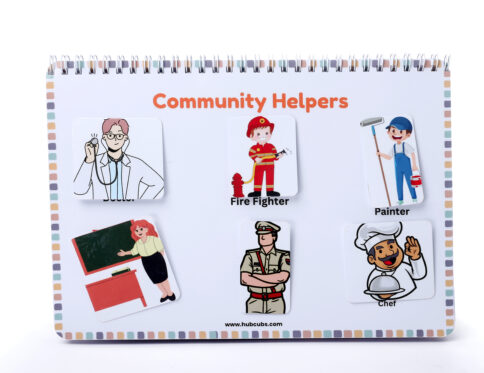Whats included
26 Flashcards
Key features:
- Waterproof
- Curved edges
- Colourful and interactive
- Helps in cognitive skills development
Why you should buy flashcards
1. Effective Learning Tool: Flashcards are a proven method for reinforcing concepts, making them effective for memorization and learning.
2. Variety of Subjects: They cover a wide range of topics—from language and math to science and vocabulary—allowing for versatile learning opportunities.
3. Engagement: Flashcards can make learning more interactive and fun, keeping learners engaged through games and activities.
4. Portability: Flashcards are easy to carry, allowing for learning on the go, whether at home, in the car, or during travel.
5. Self-Paced Learning: They allow learners to study at their own pace, revisiting challenging concepts as needed without pressure.
6. Memory Retention: The repetitive nature of flashcards helps reinforce memory and improve recall, making it easier to retain information long-term.
7. Encouragement of Active Recall: Using flashcards promotes active recall, which is a powerful method for enhancing learning and retention.
Why Alphabet flashcards are important ?
Alphabet flashcards are important for toddlers for several reasons:
1. Early Literacy Skills: They introduce toddlers to the letters of the alphabet, which is foundational for reading and writing skills.
2. Letter Recognition: Flashcards help children recognize and name letters, improving their ability to identify letters in words and texts.
3. Phonics Awareness: Many alphabet flashcards include images that correspond to the letter, helping children associate letters with sounds (e.g., “A” for “apple”).
4. Visual Learning: Toddlers often learn best through visual aids, and colorful flashcards can capture their attention and make learning engaging.
5. Memory Development: Repeated exposure to letters through flashcards aids in memory retention, making it easier for children to recall letters over time.
6. Fine Motor Skills: Interactive use of flashcards can encourage toddlers to practice writing letters, improving their fine motor skills.
7. Vocabulary Building: Alphabet flashcards often include words or images that correspond with each letter, expanding a child’s vocabulary as they learn.
8. Structured Learning: They provide a structured way to introduce and review the alphabet, making learning more systematic and organized.
Using alphabet flashcards can create a fun and interactive learning environment that lays the groundwork for future literacy skills!

